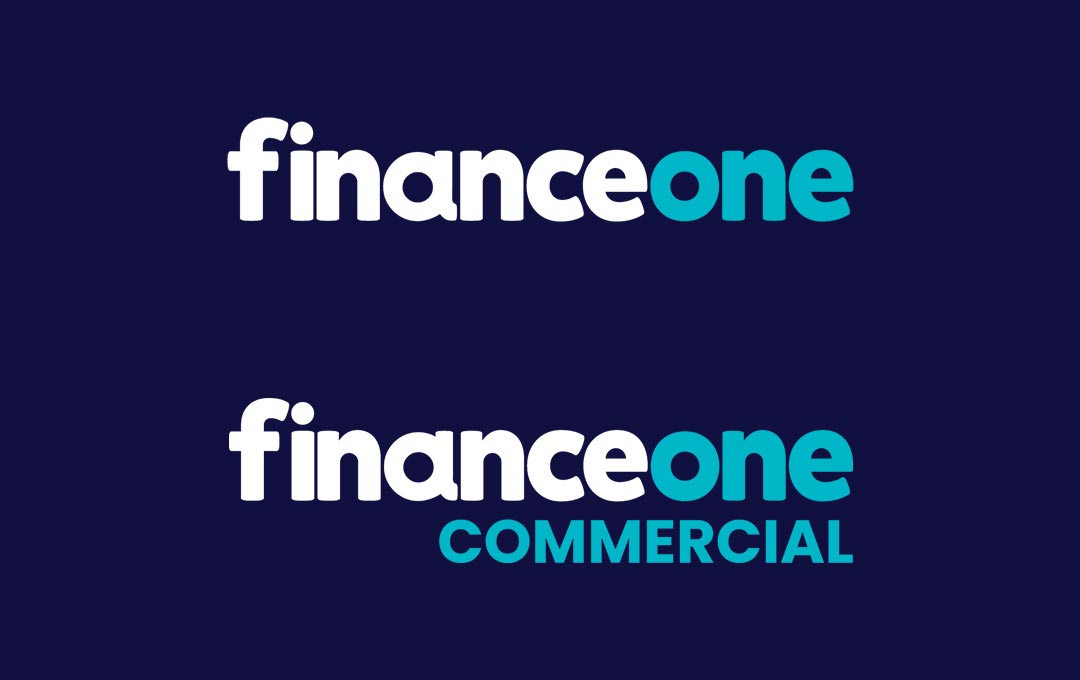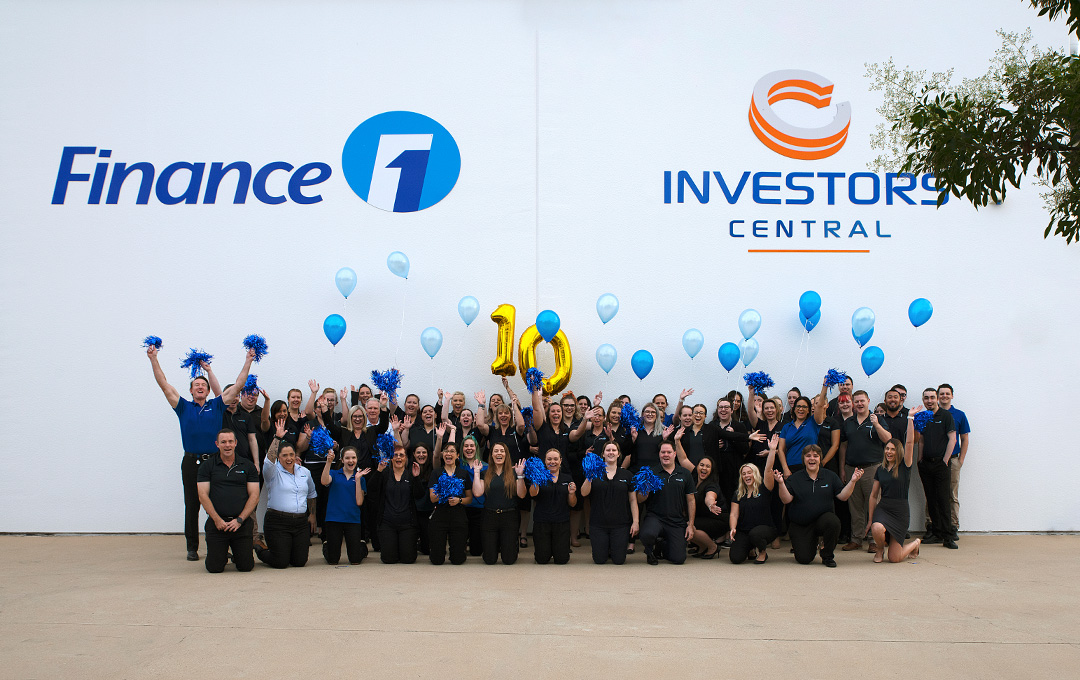Summary
Savings can really help to increase your chances of getting a loan as it generally shows that you have the discipline to put aside money each week, indicating that you have control of your finances. This also indicates that you should be able to do the same thing with your loan repayments.
How to Start Saving:
- Make a list of your everyday spending habits that you don’t “need” and can cut back on, to avoid overspending; you may find that it surprisingly adds up.
- NEVER shop hungry. Studies suggest hungry shoppers tend to overspend on food while retail shopping.
- Consider setting up an account with another bank that you don’t have a key card for. This will help you to save money in that account as it’s not as easy to access.
- Save up by reducing the amount you spend on coffee. 1 coffee a day can cost $5, which means in 30 days you spend $150, and annually that is approximately $1,825. If you drink more than 1 coffee a day, you may end up spending a lot more.
Set up your Saving Goals:
- Set a goal of how much you wish to save each week, fortnight or month and remind yourself of your goal so you can stick to it.
- Use a free budget application to keep a close eye on your savings and spending.
- Start small! Every little dollar unspent is a dollar saved. Little saves can go a long way.
Read on:
The very first step toward achieving better financial security is preparing a budget. The next step — and the one that is a lot harder — is sticking to it!
Many of us attempt to create a budget, but for some reason, it falls by the wayside nearly as quickly as it is started. To help prevent this from happening, start with the basics but add a few added extras to maintain momentum and stay accountable.
How to budget: the basics
Very simply speaking, budgeting is the process of tracking money coming in and going out of your bank account. So the very first step is knowing how much money is coming in — you need to be clear on how much you earn each week or each month.
This figure could fluctuate when you’re in a casual job, a commission-based role or self-employed. If this is you, it can be tricky to know exactly how much you will be earning each fortnight or each month.
Work out your average income:
To help you work out your average income, look at your earnings over the last six months (or 12 months if your wage fluctuates based on seasonal factors).
If any amounts are higher than normal, for example, you unexpectedly covered a shift for a colleague or made a larger than normal sale, remove these figures from your calculation.
Add up all of the wages (minus any income from extraordinary circumstances) and average it out over the period you’re assessing. For example, if you’re working with six months, add the income for that period and divide the total figure by six to get the average.
The number you’re left with should be the average amount of income you make each month.
Being conservative with your estimate is best; that way, any extra cash you end up making can be used as surplus and added to your savings.
If you don’t get paid holidays, remember to take this into account and revise your salary to reflect your monthly average.
Work out your expenses:
Once you are clear on your income, it’s time to look at your expenses.
Break your monthly living costs into the following categories:
- Food/groceries
- Rent payments or mortgage repayments
- Insurance (car/property/life etc.)
- Utilities (phone/electricity/water etc.)
- Loan and credit card repayments
- Vehicle operating expenses
- Petrol/public transport expenses
- Memberships & subscriptions
- Entertainment & gifts
- Clothing
- Medical and health expenses
- Childcare/education
Ideally, the total of these will be less than the amount you earn. If not, it’s time to review your expenses. Focus on eliminating debt or finding a way to make more money.
#BudgetHack: Avoid bill shock by dividing annual bills like car registration into monthly amounts and including them in your regular costs. Make sure you put some money aside each month, so you are able to pay when these bills crop up.
How to save money
To save money, you need to spend less than you earn. If you’re spending more than you’re earning, you need to earn more or spend less — or ideally, both!
Tips to help reduce expenses
1) Share subscription services
A lot of people get a shock by how many subscription services they are signed up for. With so many services using the subscription price model, it’s easy to end up blindly paying for many subscriptions that we don’t use all that often. Get together with your family or friends and compare what subscription services you use (like Netflix or Spotify). Many subscription services offer multiple users on the one plan. So if your mum pays for Stan, you pay for Netflix, your brother pays for Spotify, and your best mate pays for Amazon Prime, you can each pay for one subscription but set up your own profiles on each platform. That’s effectively four services for the price of one!
2) Watch what you eat
We don’t mean count your calories — we mean count your dollars! Food is one of those sneaky costs that many people don’t even think about. We all need to eat, right? But we don’t all need to be eating lobster or Kobe beef; catch our drift?
3) Change up your travel plans
Fuel and car expenses can drastically eat into your cash. If you’re in a position to walk, ride or carpool to work, you could significantly cut your travel costs.
4) Cut back on gambling
Gambling is one of those entertainment expenses that could see you blow huge amounts of cash. It can also reduce your chance of getting approved for a loan in the future. So if you’re prone to gambling your cash away, consider taking a break. [insert link to gambling article]
5) Pay off debts
If you constantly have to pay interest on your credit card or other loans, you’re going to likely find it harder to start saving. Once you’ve reduced the number of bad debts you’ve got, you should be in a better position to start saving.
Tips to help increase income
1) Start a side hustle
Saving money isn’t meant to cost you your happiness, so working more shouldn’t be done if it’s going to upset your work/life balance. However, if you have a hobby you enjoy, explore how you could turn this into a paid opportunity. Do what you love and get paid for it!
2) Rent out a room
If you’ve got extra space around your home, and offering that space to someone else can be done safely, it could be a good way to boost your income, and make new friends at the same time!
3) Invest
Investing in assets that suit your investment and lifestyle goals could help you earn passive income. Some risks come with investing, so it’s not something that should be done without first seeking independent professional advice.
4) Seek advice
Seeing independent professional advice from a tax adviser or financial planner could help you plan strategies to optimise your financial position.
How to budget: the extras
Include room in your plan for two extra items such as;
1. Unexpected expenses; and
2. Savings!
No matter how hard you try to avoid it, there will likely always be costs you haven’t planned for. They may be extra medical bills, an impromptu weekend away with friends or an unexpected car repair. If you find that you have excess funds after you’ve budgeted for the essentials, you may want to work on building up an emergency fund for unexpected expenses. Try to always keep aside enough money for six months’ worth of living expenses. Should a miracle happen, and you don’t have any unexpected setbacks, you can save the extra money or treat yourself to something you enjoy.
When it comes to your savings, aim to specify a figure that you want to achieve, rather than simply putting away the money you have leftover at the end of the month. Setting a savings goal and staying accountable will help you save money and reach your financial goals much sooner.
#BudgetHack: Create an additional savings account (or bucket, as some call it) and have the money automatically withdrawn shortly after you get paid and deposited straight into your additional savings account. You may also like to opt out of having a debit card for this account so that it makes it more difficult for you to access it. This way, you may be less likely to spend your additional savings on non-essential items.
How to budget: the pro moves
Automatic withdrawals
Financial gurus often rely on automatic withdrawals and set up different bank accounts to help them stay in control of their money. For example, set up memberships, subscriptions and regular bills as direct debit payments that are withdrawn soon after you’re paid. This way, you’ll always have the money you need to pay them — and if you can’t pay for a subscription or bill, you’ll know it’s time to get rid of the unnecessary memberships or rearrange your budget.
Set up multiple accounts and savings accounts
Most banks will allow you to have multiple accounts, or multiple sub-accounts, for free. Set up as many as you like, e.g. a savings account, a daily spending account, a bills account, a subscriptions account and an emergency funds account. Sometimes, banks will offer bonus interest for some of their savings accounts.
Track your spending
Do this every day for a month, either using an app or a notepad. At the end, take a look at the reality of your spending vs your budget. You may be surprised to realise you’re spending a lot more in some areas than you thought. Monitoring your income and expenses will help put you in the perfect position to make changes when and where necessary.
Learn to say no to yourself and others
Instead of saying “I can’t afford it” when tempted with an unnecessary expense, say “I’m not going to spend money on that” or “It’s not in my budget this month”. Saying no takes a certain amount of self-discipline but will help break the habit of impulse buying.
Have a clear goal
Perhaps it’s a new vehicle, a home deposit or an overseas trip. If you have a figure and a timeframe in mind, you’ll likely be more motivated to get there.
Budget and save
Without an effective savings plan, it’s easy for Aussies to find themselves caught in the debt trap; racking bills up on your credit card and taking out way too much consumer debt. While debt can be helpful to meet some financial goals, taking on too much is never the right path to take on your money-saving journey. With clear savings goals in mind and a solid idea of how to save money, you’ll be budgeting your way to financial success before you know it — and you might even be able to continue buying your daily coffee!
Disclaimer: The information above is of a general nature only and does not consider your personal objectives, financial situation or particular needs. You should consider seeking independent legal, financial, taxation or other advice to check how the information relates to your particular circumstances. We do not accept responsibility for any loss arising from the use of, or reliance on, the information. Please note that approvals for loan applications are subject to satisfactory documentation being received to properly assess the application. Normal lending criteria apply. Fees and charges are payable. Terms and conditions apply.



